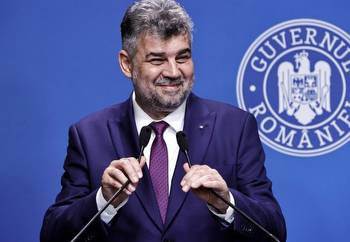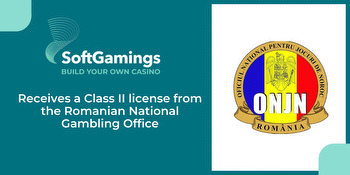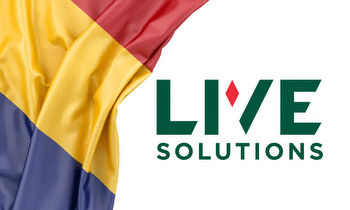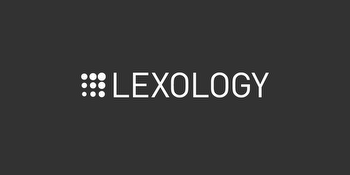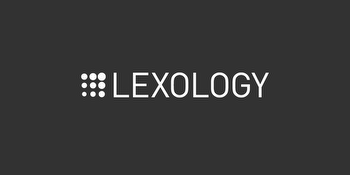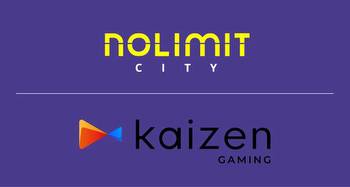Romania changes rules for online gambling operators
As previously announced (see Romania issues draft Emergency Ordinance that could significantly impact gambling industry (cms-lawnow.com), on 5 October 2023 the Romanian Government adopted Emergency Government Ordinance no. 82/2023 ("EGO no. 82/2023”), amending Emergency Government Ordinance no. 79/2009 on the organisation and exploitation of games of chance.
EGO 82/2023 was published in the Official Gazette on 6 October 2023 and entered into force on the same date. Although EGO 82/2023 must be submitted for approval in Parliament, its effectiveness and enforceability are not delayed, pending this approval process.
EGO 82/2023 brings significant changes to the regulatory regime, particularly for online gambling operators, which are now required to operate in Romania either through a company incorporated in Romania or through a permanent establishment registered in Romania.
As a result, all revenues derived from gambling operations must be recognised in Romania.
This means that, in addition to gambling-specific taxes and contributions (already payable in Romania), online gambling companies will now be required to also pay corporate income tax for profits generated in Romania from gambling activities.
In addition, EGO 82/2023 also introduces or increases a wide array of taxes and contributions.
For online gambling operators specifically, EGO 82/2023 introduces the requirement (as a condition for licensing and authorisation) that these operators be either:
- registered/headquartered in Romania; or
- registered/headquartered in an EEA (European Economic Area) state but have a Romanian permanent establishment through which all revenues derived from gambling operations in Romania must be recognised.
While a previous draft of EGO 82/2023 only permitted operations through a company incorporated in Romania, the final text of EGO 82/2023 allows online gambling operators to continue to be registered or headquartered in an EEA state if they also have a permanent establishment in Romania.
Therefore, as long as a permanent establishment is formally set up in Romania for tax purposes, online gambling operators do not need to relocate their operations to Romania.
EGO 82/2023 does however provide that gambling activities must be “exploited directly by the licence holder”, but it is not yet clear whether this wording will be interpreted as meaning that online gambling companies will be required to operate from their base or from a permanent establishment in Romania. Out of the 30 or more online gambling companies licensed in Romania, the majority are based in Malta.
Online gambling operators already licensed in Romania but which are not currently based in Romania or have a permanent establishment in Romania are required to do one of the following within six months of the EGO 82/2023’s entry into force:
- Apply to the Romanian National Office for Gambling (NOG) for a transfer of its existing licence and gambling authorisation (for the remainder of its term), together with all obligations, to an existing or newly formed Romanian-based company or to a legal entity with a permanent establishment in Romania. As per EGO 82/2023, such transfer may be performed via a merger, spin off or transfer of business performed in accordance with Romanian company legislation and in accordance with a procedure set out in an order of the NOG that must be issued within 15 days from the entry into force of EGO 82/2023.
While Romanian law recognises a “transfer” of the licence/authorisation as a result of a merger/demerger (because a merger/demerger results in a universal transfer of rights and obligation by effect of the law), the same cannot be said for a transfer of business (because a business transfer does not have the same results in terms of a universal succession of rights and obligations). It remains to be seen how the NOG intends to address this issue in its upcoming secondary legislation.
Even so, the grace period given by EGO 82/2023 is, in practice, extremely short to accommodate the legal and practical timelines for these reorganisation measures. A six-month timeline for a merger/demerger is extremely ambitious, if not unfeasible, considering the amount of work needed to prepare a merger prospectus and that any such reorganisation must be approved by the local tribunal. The NOG application lasts 30 days (at best).
- Register a permanent establishment in Romania and request that the NOG “allocate” the existing licence and gambling authorisation to the permanent establishment (for the remainder of their term). As a legal construct, the terminology “allocate” used by EGO 82/2023 poses real difficulties since this is not a regulated concept and licenses and authorisations in the gambling sector are, as a matter of principle, nominal and non-transferrable.
- Apply for a new licence altogether (either through a company incorporated in Romania or in an EEA state but with a Romanian permanent establishment).
Regardless of which option is used, EGO 82/2023 does not address a big question: what happens to online gambling operators who must re-apply for the annual gambling authorisation within the six-month grace period?
Since the issuance of the authorisation is conditional on the licensee being either a Romanian company or an EEA company with a permanent establishment in Romania, it is unclear how gambling operators whose authorisation is up for renewal in the immediate period are expected to comply with this requirement and/or effectively benefit from the six month grace period. EGO 82/2023 is silent on this issue.










